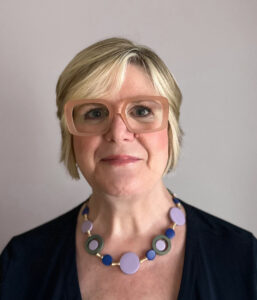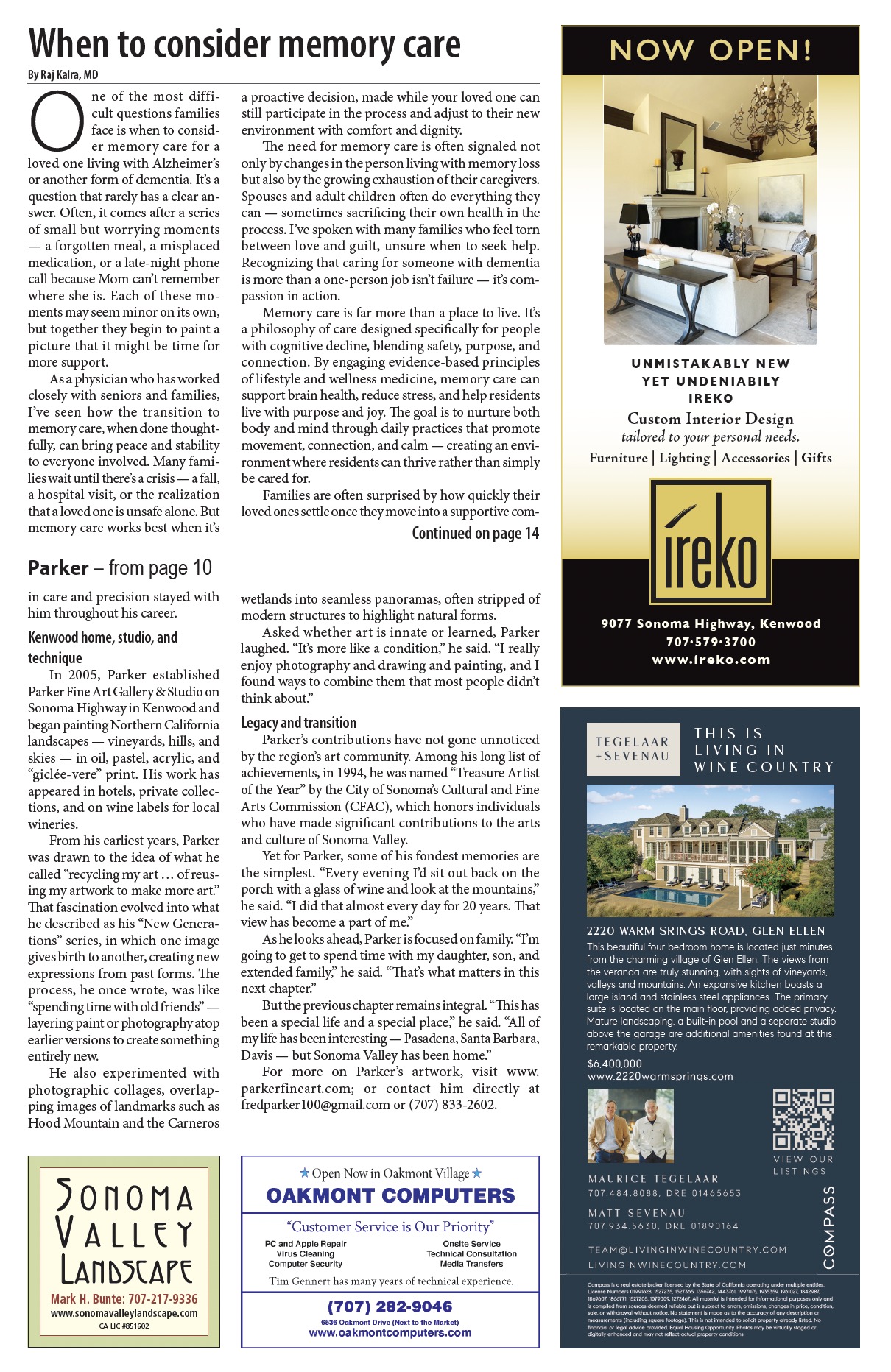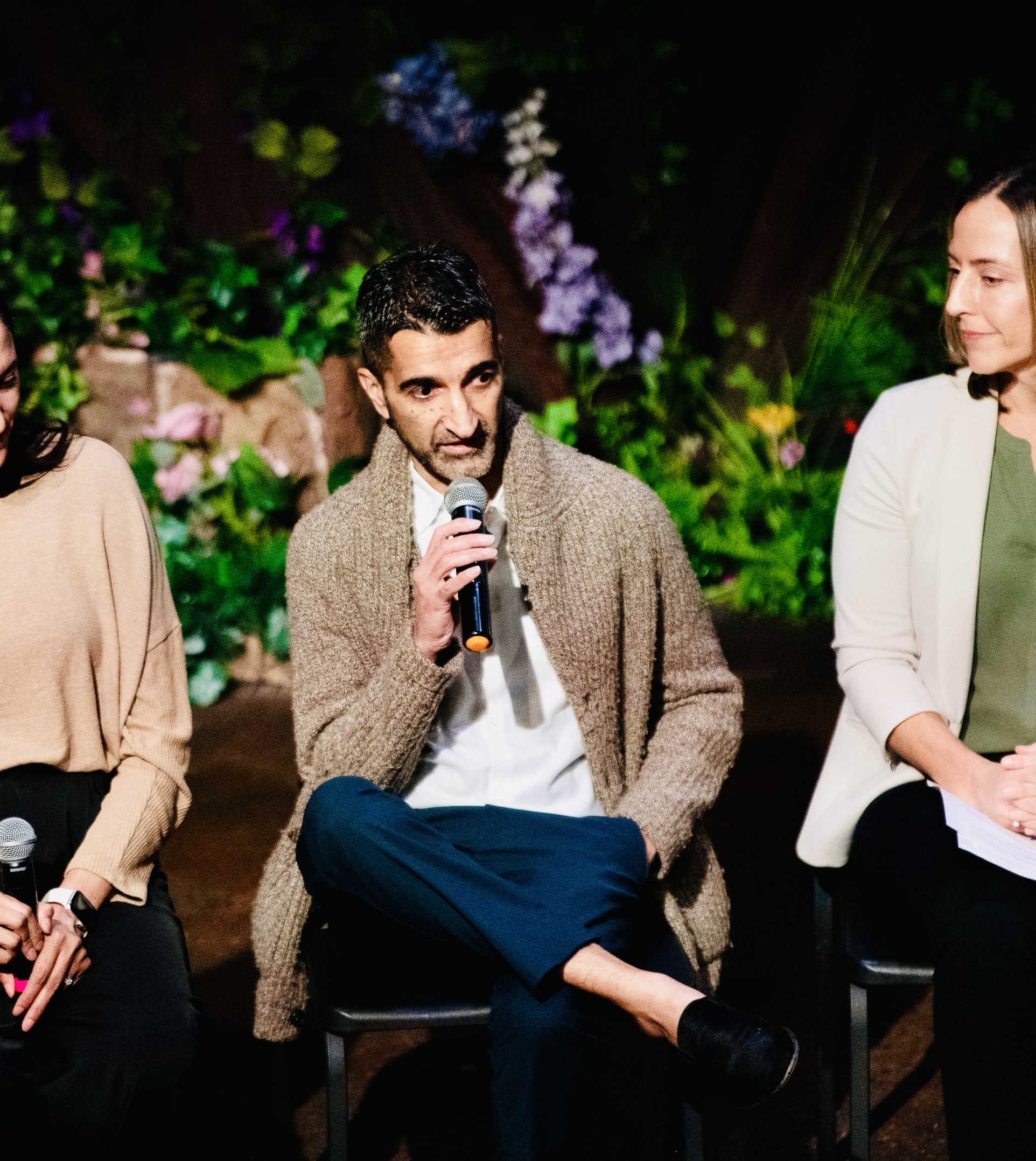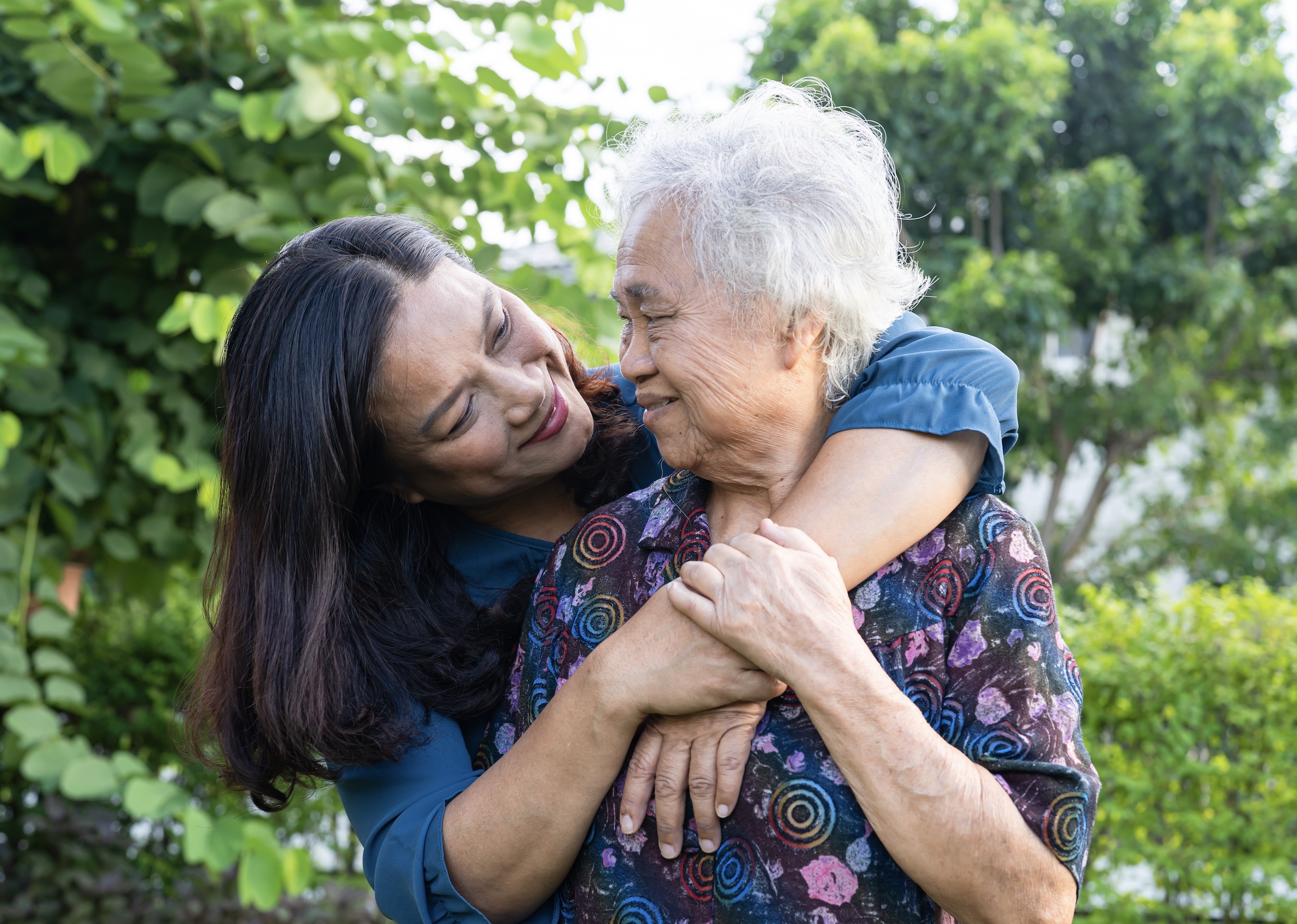FROM OUR BLOG
Lifestyle as Medicine: A New Path to Wellness in Dementia Care at Aroha

At Aroha Memory Care, we hold a bold belief: that wellness is always possible even in the face of dementia. While dementia changes the brain, it does not erase a person’s capacity for joy, meaning, or vitality. Our Lifestyle as Medicine approach redefines memory care by blending evidence-based lifestyle practices with compassionate, person-centered care empowering each Community Member to live with purpose and well-being every day.
The Intersection of Lifestyle and Dementia
Modern research shows that the same factors that help prevent cognitive decline; solid nutrition, movement, good sleep, social connection, and stress management, can also improve quality of life for those already living with dementia. Yet, in traditional memory care and senior living settings, these foundational elements are often not incorporated into memory care programming and are overlooked in favor of clinical management alone.
At Aroha, we understand that dementia is not just a medical condition, it’s a lived experience that affects the body, mind, and spirit. By intentionally shaping the environment, routines, and relationships around proven principles of Lifestyle Medicine, we create a therapeutic ecosystem that promotes resilience and preserves function.
What Is Lifestyle Medicine in Memory Care?
Dr. Raj Kalra, a board-certified Physical & Rehabilitation and Lifestyle Medicine physician, Dr. Nisha Kalra, Certified Lifestyle Dentist, and Juliet Holt Klinger, MA Gerontologist and dementia care expert, developed Aroha’s approach to the unique needs of people living with dementia, with the integration of lifestyle medicine in these key areas:
- Nourishing Nutrition
Every meal at Aroha is guided by brain-healthy and heart-healthy nutrition principles, inspired by the MIND and Mediterranean diets. Meals feature vibrant, whole foods, leafy greens, berries, whole grains, legumes, and omega-3–rich fish. Our “Taste & Memory” culinary sessions and Nutrition Rounds with our chef invite residents to explore food as both nourishment and pleasure. - Movement as Therapy
Physical activity stimulates the brain and preserves mobility and combats the apraxia, a neurological symptom of dementia that affects the ability to plan and execute motor movements. Morning walks, dance sessions, and adaptive exercise classes are integrated throughout the day, not as “fitness programs,” but as joyful expressions of movement that enhance strength, balance, and confidence. - Restorative Sleep
Sleep is essential to brain health and emotional regulation. The tunable lighting system at Aroha supports natural circadian rhythms by gently transitioning from energizing daylight tones to calming evening hues on a regular cycle helping Community Members to maintain healthy sleep-wake cycles and reducing restlessness and late-day agitation often referred to as “sundowning”. - Social Connection and Purpose
Belonging is part of wellbeing. Aroha’s engagement programs are designed around social interaction, community councils, and intergenerational partnerships that connect our Community Members to children, families, and volunteers in ways that affirm identity and purpose. Every person has something to teach, share, or give. - Stress Reduction and Emotional Balance
Mindfulness, music, art, and nature-based therapies help reduce anxiety and promote calm. Whether through guided meditation, journaling, or time spent in our gardens, Community Members will be supported to find daily opportunities to restore inner balance and peace. - Avoidance of Injuries and Promoting Safety
Aroha’s environment is intentionally designed for sensory comfort and safety, using technological supports such as SafelyYou for fall detection and the development of fall prevention plans and PalCare for responsive support to wandering and exit seeking. This integration of safety technology aligns with our whole-person approach to preserving dignity while preventing harm. - Dementia-Friendly Oral Health
Good dental practices are a critical yet often overlooked component of care offered in traditional memory care settings. Research shows that poor oral hygiene increases the risk of aspiration pneumonia, a leading cause of hospitalization and mortality in people living with dementia, because harmful oral bacteria can be inhaled into the lungs. Evidence also highlights the connection between oral health and the microbiome, showing that maintaining clean teeth and gums helps reduce inflammatory bacteria that can destabilize the gut–immune system balance. Regular brushing, routine dental visits, and professional cleanings support a healthier oral microbiome, which in turn contributes to stronger immunity, lower systemic inflammation, and better overall health outcomes. For individuals with dementia who may have difficulty communicating pain or managing daily hygiene Aroha’s compassionate dental care provided onsite in the community supports long-term wellbeing.
Wellness Beyond the Diagnosis
In many ways, dementia care has historically been focused on decline and what is lost, not what remains. Aroha’s Lifestyle as Medicine approach flips that narrative. By focusing on strengths and remaining abilities, we invite Community Members to continue growing, learning, and contributing.
Small daily choices such as stretching after breakfast, tasting herbs from the garden, or laughing with a friend become therapeutic acts. Each contributes to brain health, emotional balance, and physical vitality. This is wellness not as a luxury, but as a right and a lifestyle available to all, at every stage of living with dementia.
A New Vision for Memory Care
At Aroha, our model integrates the science of brain health with the art of compassionate care partnering, guided by a physician, a dentist, and a gerontologist who share a common belief: dementia changes how we live, but it doesn’t end our capacity to thrive.
By aligning evidence-based lifestyle interventions with deep person-centered understanding, Aroha Memory Care is pioneering a new standard one where wellness is not postponed but practiced every day.
Because living well with dementia begins with access to wellness.

Juliet Holt Klinger, a leading gerontologist with nearly 40 years in dementia care, has held executive roles with major organizations in the field. Renowned for creating innovative, person-centered programs, she focuses on integrating emerging technologies to better support older adults with neurocognitive challenges.




